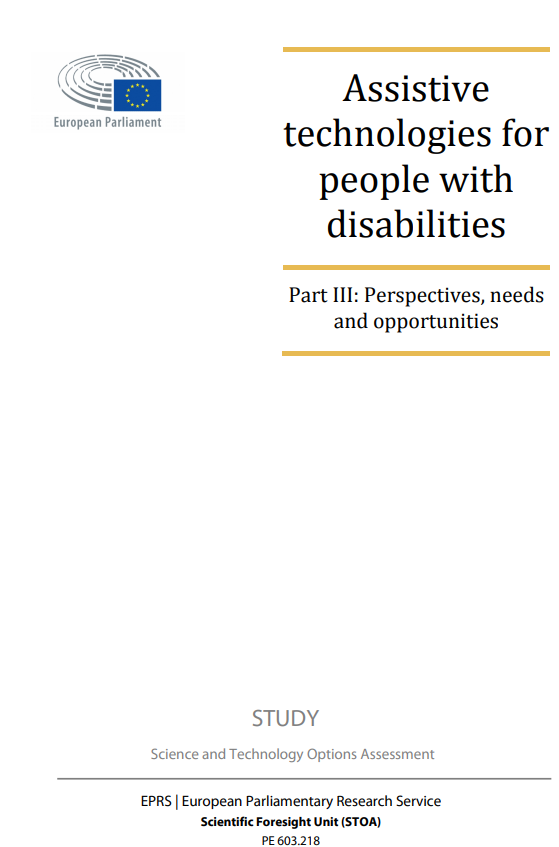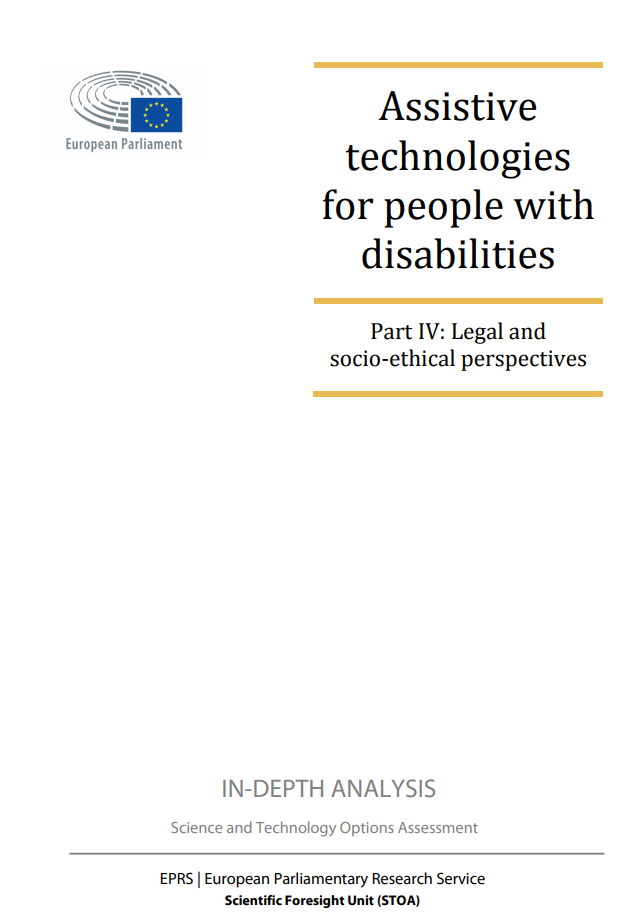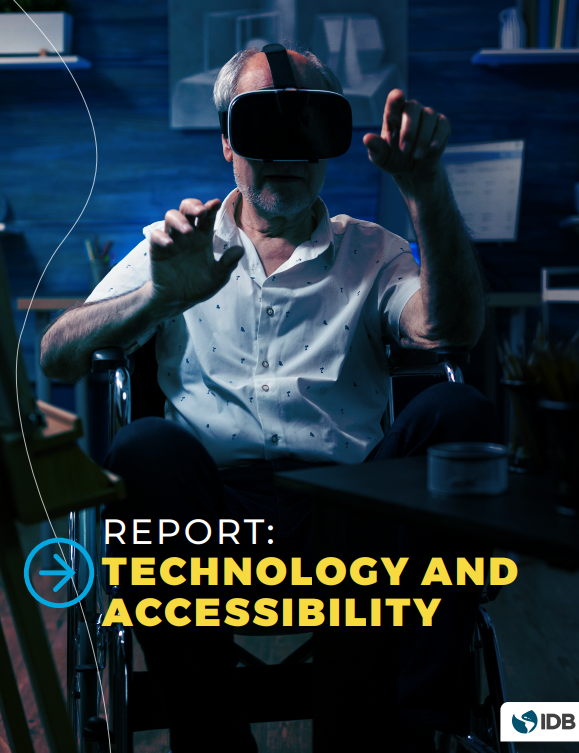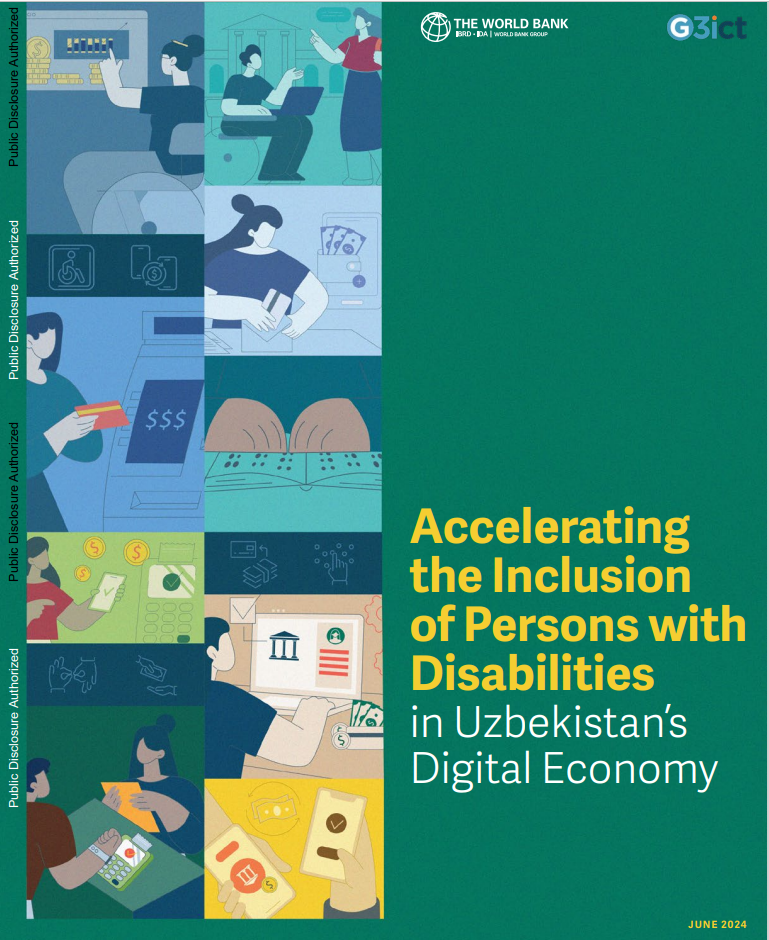Assistive technologies (ATs) are designed to improve the functional capabilities of people with disabilities. Some are relatively low-tech and very familiar, such as such as reading glasses, crutches and hearing aids. Others are more advanced, using cutting-edge science and technology, with future ATs under development that could have a huge impact on all our lives.…
Inclusive web-accessibility for persons with cognitive disabilities
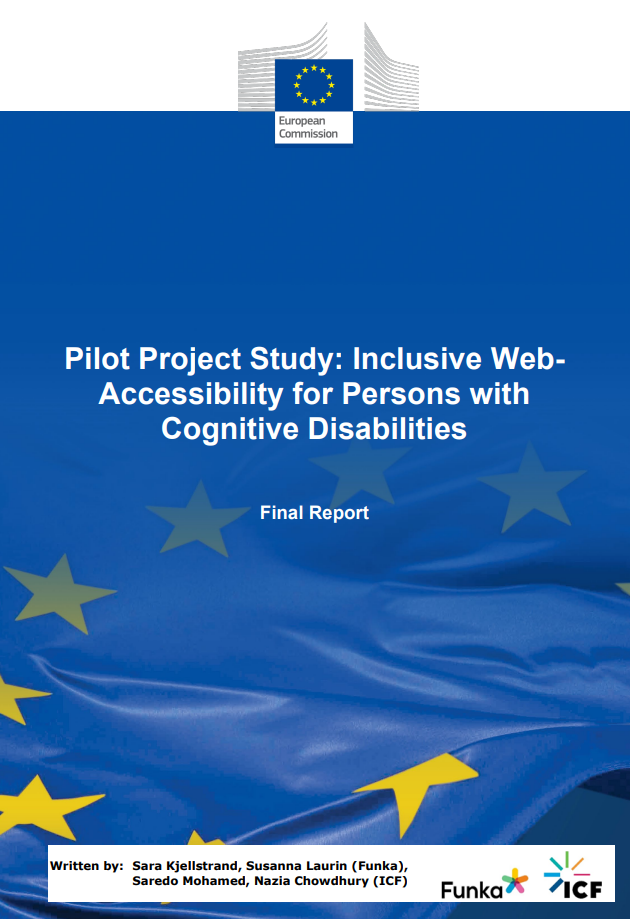
Increased digitalisation creates both a challenge and an opportunity for the participation of persons with disabilities. Digital services can remove barriers encountered in the physical world. At the same time, online services and websites that are not accessible, can create new types of barriers. In many cases, it can be difficult for a website user to understand information online and to complete tasks using complicated interfaces. Whilst these issues can be faced by any user, some groups, such as persons with cognitive disabilities and older adults, are particularly vulnerable. This study provides a comprehensive overview of research in Europe on the barriers to cognitive accessibility and the factors that have an impact on the autonomy and participation of persons with cognitive disabilities in the digital environment.
Details
Publisher Name:
European Commission
Publisher Website:
https://op.europa.eu/
Publication Year:
2022
Languages:
English
Country or Region:
European Region
Categories:
Guide

